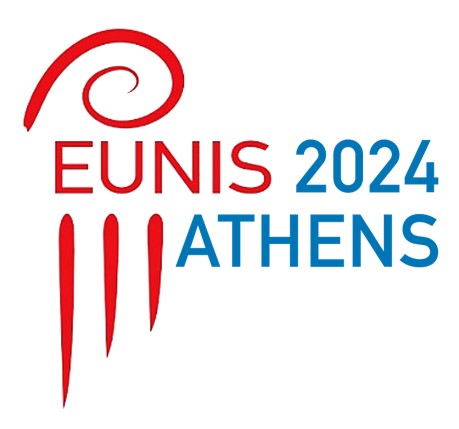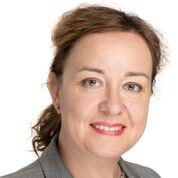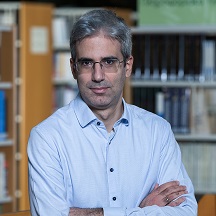This session consists of four presentations.
Featured Speakers
Manos Garefalakis, Hellenic Mediterranean University, Greece:
Remote Laboratory Ecosystem for Pervasive Learning: A use case for teaching Internet of Things Programming #14
The presented use case revolves around the Hellenic Mediterranean University Remote Laboratory Platform (HMU RLP), which serves as a tool for teaching microcontroller programming in the field of the Internet of Things (IoT). Utilizing Learning Tools Interoperability (LTI) and the Experience API (xAPI), the platform acts as an external tool for the Learning Management System (LMS) and stores users’ learning analytics for adaptive learning. It offers various assessment types for user-provided and tested code.
Download the presentation
Irina Oleinikova, Norwegian University of Science and Technology, Norway:
Learning, Research and Network Activities Supporting Energy Transition #79
This paper describes the experience of developing a Nordic-Baltic cooperation platform for information exchange and networking and provides mobility support for prospective MSc and PhD students, Postdocs and researchers to increase the knowledge on future power system development and control in the era of green energy transition and digitalization. In view of this the Nordic and Baltic universities involved in power system research see a need to develop and facilitate a framework for collaboration and international cooperation also including members from industry and utilities in the Nordic and Baltic regions.
Download the presentation
Konstantinos Demestichas, Agricultural University of Athens, Greece:
Transforming access to excellence with successful alliances of higher education in digital agriculture #88
Widening countries of the European Union (EU) lag behind the European average in Research & Innovation investment and scientific excellence; the domain of Digital Agriculture (DA) is one prominent example. Higher Education Institutes (HEIs) of Widening countries can play a central role in addressing this issue, but need support for achieving excellence in research and education in the DA domain. HEIs from non-widening countries have gained significant experience by establishing an ecosystem that fosters close collaboration among HEIs, competence centers, Digital Innovation Hubs, and industry, leveraging advanced digital technologies for the benefit of citizens, business, and scientific advancement. In this light, this presentation focuses on the approach of the TALLHEDA project as a reproducible example for building new long-term Alliances, especially for the domain of DA and beyond. The TALLHEDA Alliance aims at raising the critical mass of highly skilled scientists and to establishing liaisons with surrounding ecosystems, in order to foster the Quadruple Helix of innovation
in Widening countries.
Download the presentation
Ludmila Ziediņa, Rīga Stradiņš University, Latvia:
Supporting Residency in Medicine Study Programme through the Implementation of the e-Residency System at Rīga Stradiņš University #46
Rīga Stradiņš University (RSU) is located at the capital of Latvia, Rīga. RSU has 10467 students from that 24% are international students from 77 countries and more than 800 are studying medical doctors undertaking graduate medical training (residency in medicine). This paper explores the implementation of the e-Residency system at RSU aimed at digitizing the process of residency in medicine study programme. This project supports Latvia’s national digital transformation efforts and is part of a broader digitalization strategy at RSU to improve the educational experience of students and to improve administrative processes. By adopting a phased approach starting from the 2023/2024 academic year, RSU has introduced a digital platform for residency in medicine study programme. This system covers the planning of specialty study content, individual study plans for residents, monitoring and evaluation of the study process, and user interfaces for doctors and hospitals. The paper discusses the system’s objectives, functionality, expected benefits, and the phased implementation approach. The contribution of this paper is to offer insights into functionalities of digital solutions in residency study programmes.
Download the presentation




